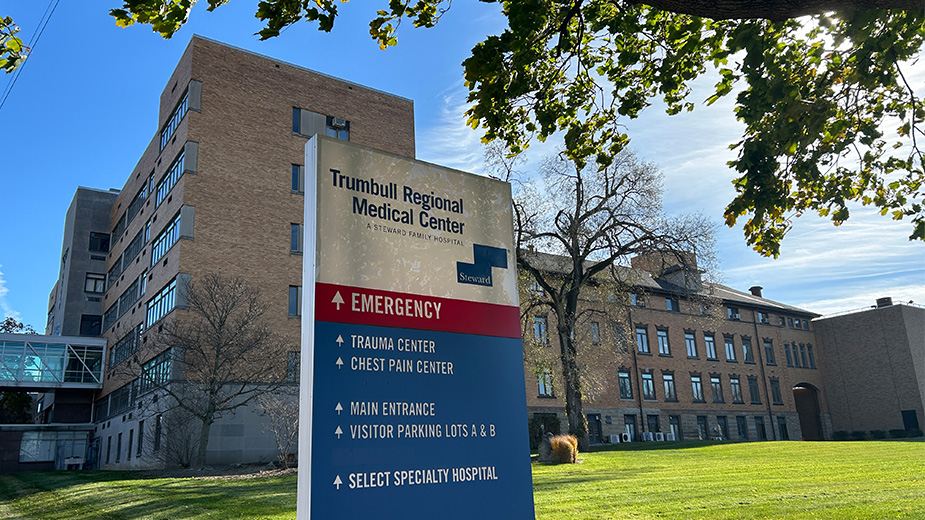Column: The Role of Mental Health in Battling Cancer
YOUNGSTOWN, Ohio – With October being Breast Cancer Awareness Month, it’s important to note the connection between one’s mental health and physical strength. In addition to all the medication and treatments a person must go through after a cancer diagnosis, treating the mind’s well-being is also important during the battle with this disease.
Once the shock wears off from hearing the terrifying words, “You have cancer,” all of the focus immediately turns to how to treat the body. Will you go through chemo? Are you going to try radiation? Is surgery on the horizon? While you’re finding the answers to these questions, it’s easy to let your mental health go to the bottom of the priority list.
After all, physical treatment puts a lot of stress on the body. But we also need to remember that mental stress and anxiety do, too. You will need both physical strength and mental strength to get through the process.
Cancer brings up a wide range of emotions that you’re not used to dealing with. When you first hear the word “cancer,” it’s normal to feel like your life is out of control. You may feel helpless. You may feel scared. You may hear medical terms that you don’t understand. It’s also normal to feel anger or resentment toward your health care providers and loved ones. Whatever you feel, don’t keep it inside.
Studies prove that a hopeful outlook and positive attitude can help people feel better physically. So, no matter the diagnosis, it’s important to plan your days as you always have. See your loved ones. Go through your routine. Don’t limit the things you want to do just because of a new medical condition.
Treatment is compounded by the great unknown of what will happen next, which can be emotionally debilitating. Depression and fear can build up – especially if you are receiving physical treatments every day. Take time out of your day to do something you love or practice self-care. Talk with friends and loved ones. Watch your favorite TV show. Try deep breath exercises. Make sleep a priority. Take a walk to clear your head. Read a good book. Surround yourself with positive people.
And if these little things don’t work and you continue to feel depressed or anxious, seek out a professional – it’s okay to ask for help. Emotional strength is very important when it comes to withstanding the physical recovery process.
While this approach to treatment is often overlooked, it’s not new. Organizations, such as the Mayo Clinic, the National Cancer Institute and the American Cancer Society, have all recognized that addressing one’s mental health is an important aspect of a cancer patient’s treatment strategy.
Look for reasons to have hope, even if they seem small. Reflect on your religious or spiritual beliefs. However, don’t ignore the stressors that come with a cancer diagnosis. It’s okay to get help with your daily routines or take a leave of absence from work. Additional stress can keep your body from healing as well as it should, so don’t overlook the importance of addressing these issues with loved ones or a mental health professional.
As a friend or family member of someone battling cancer, pay attention to how your own mental health is affected. In order to be the best source of support and strength for your loved one, you must first start with maintaining your own mental health. Realize that it’s not selfish to seek help for yourself.
Whether you’re a patient or a caregiver, talking to a professional regarding your mental health can be an important part of a successful battle against cancer.
Larry Moliterno, is CEO of Meridian Healthcare.
Copyright 2024 The Business Journal, Youngstown, Ohio.



